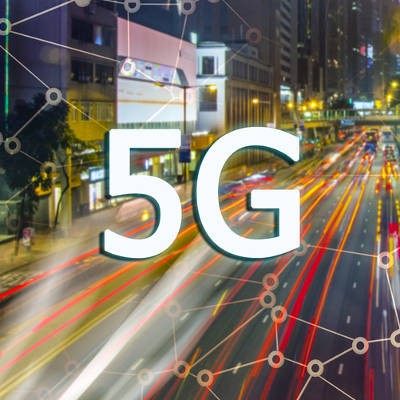Telesys Voice and Data Blog
5G Improves Upon What 3G and 4G Established
You might see 3G and 4G on your mobile devices and wonder what it all means. If so, we have an answer for you, and just in time for a brand-new iteration: 5G. With this new technology on its way, it’s time to take a look at what exactly 5G should be capable of, and how it can differentiate itself from its predecessors.
Keep in mind that we still likely won’t receive 5G in any meaningful capacity before 2020, although we should be able to glean important insights from how it can affect business and connectivity on a greater scale.
What Does 5G Stand For?
As the technology behind it is on its fifth generation, 5G is simply an abbreviation for “fifth generation.” It’s predicted that 5G will focus primarily on connectivity, user experience, enhanced services, system performance, and business management. As reported by TechWorld, 5G technology needs to have these features in order to be a 5G device:
- One to 10Gbps connections to end points in the field
- One millisecond end-to-end round-trip delay
- 1000x bandwidth per unit area
- 10 to 100x number of connected devices
- (Perception of) 99.999 percent availability
- (Perception of) 100 percent coverage
- 90 percent reduction in network energy usage
- Up to ten-year battery life for low power, machine-type devices
3G and 4G were also known for bringing about unique improvements that showcased the strong points of technology at their time of implementation. 3G focused on improving connectivity, whereas 4G took measures to improve the speed of this connection. As it stands now, 5G could be an even faster connection, and it’s suspected that this will be used to leverage great opportunities for businesses and consumers.
Some Downsides
Even though 5G seems to present a considerable advantage over its predecessors, it’s expected that 5G won’t be available for everyone after it is officially released. The reason for this is specifically the pricing of brand new technology, but the price will likely fall as time progresses. In the meantime, it’s possible that devices manufactured with 5G connectivity will also suffer in price, but at this cost, they will also be less prone to falling out of date, like 3G or 4G will inevitably do.
Thankfully, much of the technology industry is embracing 5G with open arms. Major producers of technology solutions such as Samsung, Nokia, and Qualcomm have already begun to invest in 5G, so the future is already bright for this new communications medium.
Telesys Voice and Data can help you prepare for the day when you need to implement new technology solutions. To learn more, reach out to us at (800) 588-4430.
About the author
Telesys Voice and Data has been serving the Dallas/Fort Worth area since 1994, providing IT Support such as technical helpdesk support, computer support, and consulting to small and medium-sized businesses.
Mobile? Grab this Article!
Tag Cloud


Comments